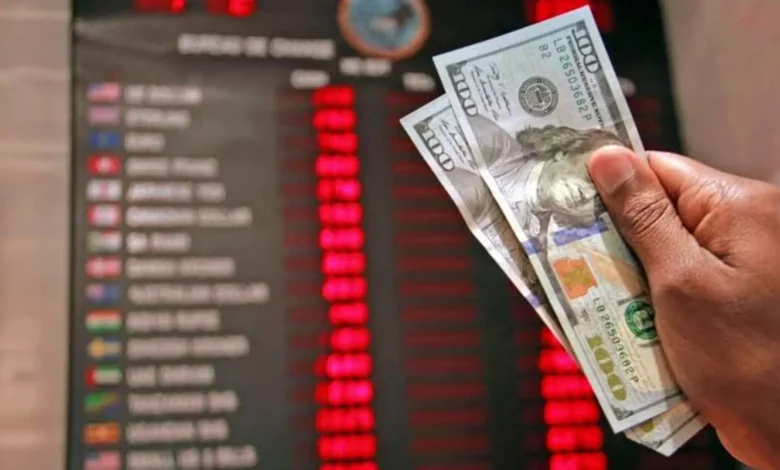
The Kenyan shilling is signaling a shift in trajectory, challenging the two-year turmoil it has faced in the market post the coronavirus pandemic.
The latest data shows the shilling is trading at 153 units against the US dollar.
This represents a 1.9% increase in value in under a day, a significant uptick after it traded 156 units on Tuesday from the highs of 160 units.
Backed by New Funding from the IMF
Among the key drivers behind this gain is the injection of new funding from the International Monetary Fund (IMF).
According to economic analyst and expert Ndiritu Muriithi, this infusion of capital has provided much-needed stability to the shilling.
The IMF’s support ensures that Kenya has sufficient resources to meet its financial obligations, including the repayment of existing debts.
The Role of the 2014 Eurobond Buyback
Another contributing factor is the recent buyback of the 2014 Eurobond.
Also Read: Kenya’s Eurobond Issue Attracts Over $5 Billion
On Tuesday, Kenya repurchased a portion of its dollar-denominated debt, effectively minimising the outstanding obligations.
This has downed on the dollar hegemony, as investors begin to exhume confidence in the local market.
“Both will ensure enough resources to repay the Eurobond now due,” said Ndiritu.
Eurobond Issuance and High Demand
The issuance of the Eurobond garnered substantial interest from investors, with orders exceeding a staggering $5 billion.
The allure of high-yielding securities, coupled with expectations of lower US interest rates fueled this demand.
Kenya accepted $1.5 billion of the seven-year debt at a 10.375% coupon rate,
Stress on the Currency and Domestic Interest Rates
Kenya’s move into the international market was driven by a desire to resolve uncertainty surrounding the payment obligations.
Gordon Bowers, an analyst at Columbia Threadneedle Investments, said it was crucial in alleviating stress on the currency and domestic interest rates.
While the pricing came in slightly below the initial guidance, it still outperformed other African sovereigns’ debt issuances this year.
For instance, Benin issued a 14-year instrument at 8.375%, while Ivory Coast raised capital at 8.5%.
“They decided to pay up to resolve the uncertainty related to this payment which was putting stress on the currency and domestic interest rates,” said Gordon Bowers, a London-based analyst at Columbia Threadneedle Investments who spoke to Bloomberg.
Kenya’s shilling is on an upward trajectory, anchored by external funding, strategic debt management, and investor confidence.
These recent developments offer hope for a stronger and more resilient currency as Kenya continues to navigate economic challenges.





